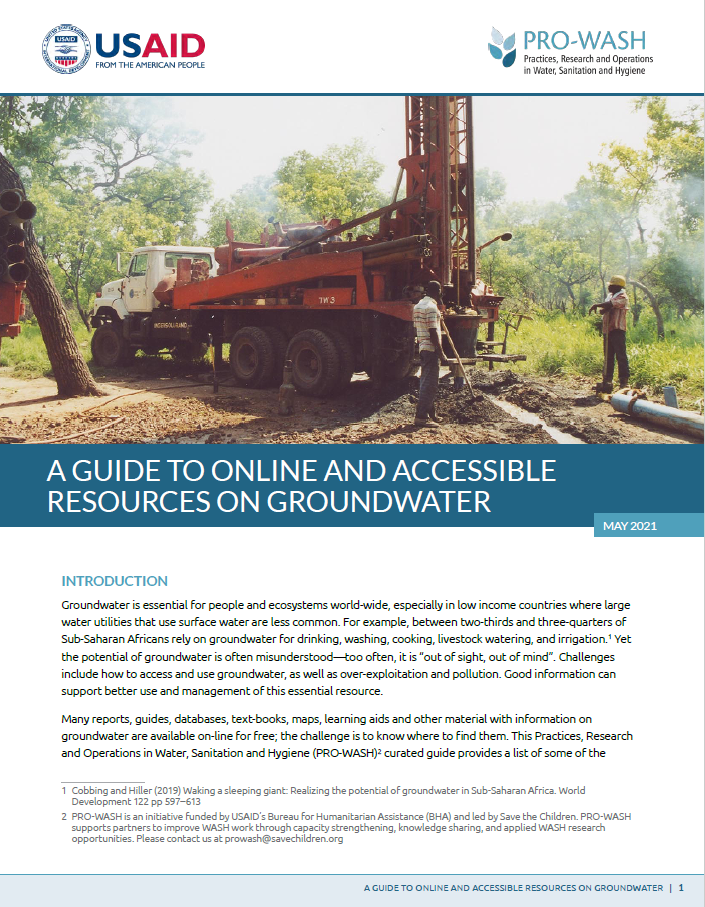Search Results
School Feeding Programs Amidst the COVID-19 Pandemic in Asia and the Pacific
Prior to COVID-19, an estimated 129 million children received daily school meals in Asia and the Pacific region. School feeding programmes have served a range of objectives, including addressing short-term hunger among school-age children, acting as safety nets during crises, ensuring nutrition security through the provision of diversified, locally-sourced school meals and fortified food commodities, and incentivising school enrolment, attendance, and retention. As part of COVID-19 containment measures, in April 2020, schools were closed in all countries in the region, resulting in significant disruptions in school feeding programmes. Against this backdrop, the World Food Programme (WFP) Regional Bureau for AsiaWorld Water Week 2021
World Water Week is not just the leading annual conference on global water issues, it is also a powerful movement for change. In 2021, World Water Week focuses on the major transformations that need to take place if we are to achieve the Sustainable Development Goals and slash carbon emissions. Within a decade, we must rethink everything from how we grow food and generate energy to how we travel and use natural resources. This will require innovation on an epic scale and collaboration between people from all over the world with many different skills and backgrounds. Since all these transformations
A Guide to Online and Accessible Resources on Groundwater
Authors:
PRO-WASH
Sector Type:
Water, Sanitation, and Hygiene
Year Published:
2021